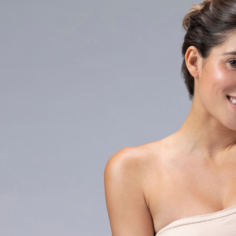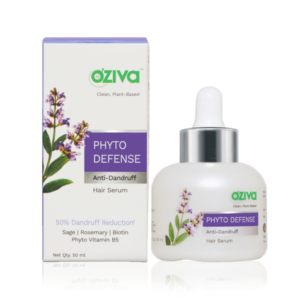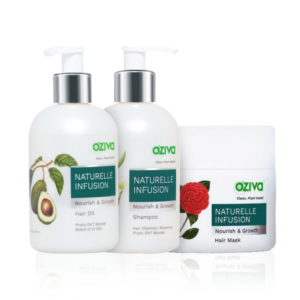Bountiful hair looks not only gorgeous but also indicates good health. However, maintaining good hair health is harder said than done. Your genetics, lifestyle, the products you use, and the supplements you take can determine the health of your hair. Nevertheless, hair loss is a common problem people face due to various other reasons in today’s times. When it comes to supplements for hair health, several products in the market promise hair growth. Some of these supplements often use Biotin vitamins to aid hair loss. Most people derive their daily dose of biotin from a healthy diet; however, supplementing the same is believed to induce further benefits to the body, especially the hair. So the question is—do biotin for hair work?
It is time to know everything about biotin for hair growth. Read on…
What is This Vitamin?
A water-soluble vitamin, biotin vitamin is also known as vitamin H. It is a part of the B complex vitamins and is an essential nutrient for proper body functioning. The presence of biotin in the body enables the conversion of carbohydrates into energy, thus boosting metabolism.
Biotin also helps control blood sugar levels and decrease the body’s bad (LDL) cholesterol. In addition, vitamin H also aids in promoting brain function, safeguarding the heart, and boosting immunity.
Besides all these benefits, biotin is essential for enhancing and maintaining hair, skin, and nails growth and keeping the liver and nervous system healthy.
Biotin for hair growth: does it benefit the tresses?
Although there is no concrete data that proves biotin’s effectiveness for hair loss, few studies do indicate the potential of biotin vitamins for hair health.
For instance, a survey conducted in 2015 found people given biotin tablets for hair growth experienced substantial recovery in areas with hair loss, compared to those given placebo.
It is known that biotin deficiency is not very commonplace in humans. This is because most of the biotin vitamin requirements are covered in your diet.
Foods like egg yolk, nut butter, soybeans and legumes, cauliflower, mushrooms, bananas, whole grains, etc., provide the necessary daily dose of biotin to the body. So, do you still need to take biotin tablets for hair?
Who Needs Biotin Supplements for Hair?
Even though biotin deficiency is not common, hair loss is one of the most prominent symptoms of the condition if you have it anyways.
Perhaps this is the reason that prompts many people, including experts, to believe supplementing biotin replenishes hair loss.
Moreover, if your hair has become dull and damaged, biotin supplements may promote recovery and improve health.
This is because biotin stimulates the keratin level of your hair, which is responsible for the development and health of your hair, nails, and skin.
The use of biotin vitamin tablets may, therefore, help your hair in the following ways:
- Biotin vitamin improves the quality of your hair by strengthening it.
- Biotin vitamin helps thicken and add shine to your hair.
- Biotin vitamin protects your hair, thereby lessening the chances of split ends.
- Biotin vitamin boosts the health of your hair and scalp.
Biotin does not have any significant side effects, and since it is a water-soluble vitamin, any excess of vitamin H flushes out of the body through urine. Still, if you experience any symptoms like nausea, cramping, indigestion, etc., you must consult your doctor immediately.
The Right Vitamins For You
Biotin vitamin supplements are all over the market, but finding the right one is crucial. Hence, do your research or visit a trusted website like OZiva where you will find safe, plant-based biotin products. OZiva, where you will find safe, plant-based biotin products in various forms, such as OZiva Biotin Xtra (with Keratin Builder for hair growth, repair and regeneration), OZiva Plant-Based Biotin (with 10000 mcg+ of Biotin for hair growth and hair fall control), and OZiva Hair Vitamins (containing DHT blockers such as Stinging Nettle, Pumpkin Seed, Beta-Sitosterol, and Pine Bark, as well as Biotin and Omega-3 for hair nourishment and daily hair nutrition.)
Last modified: May 4, 2022







